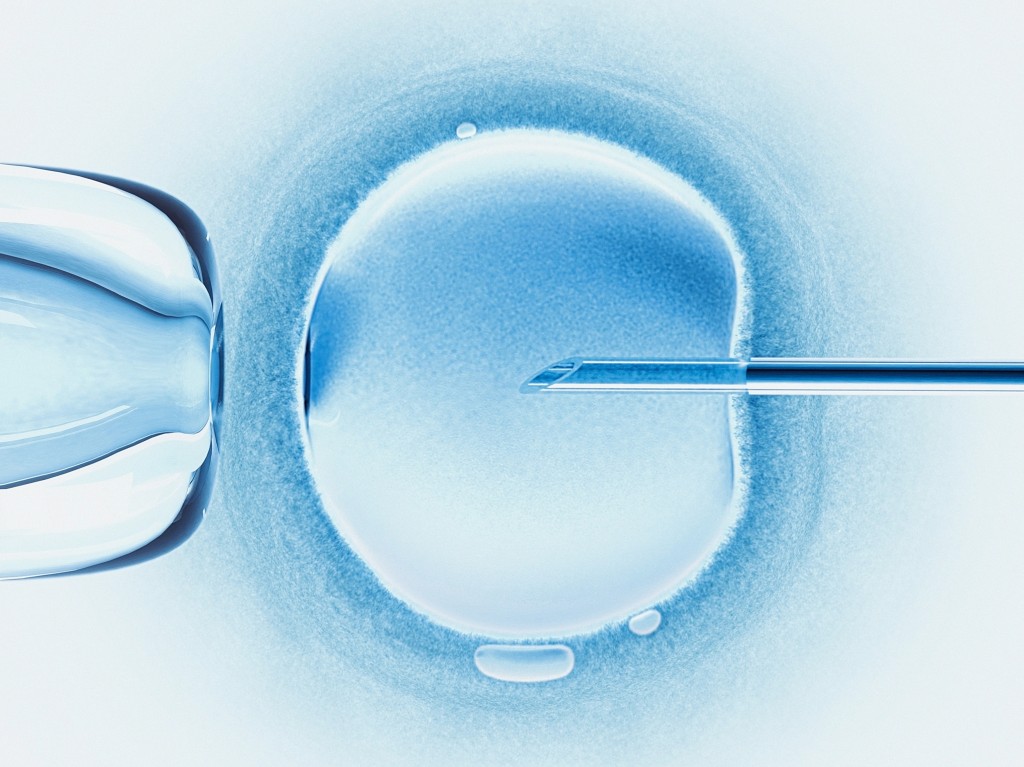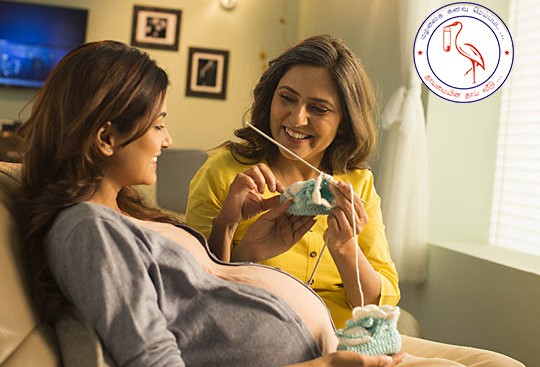Book Appointment Now

5 must know egg freezing tips should you freeze your eggs
If you’re considering freezing your eggs, there are some essential tips to ensure the process goes as smoothly as possible and to help you make the most informed decisions. Egg freezing is a significant medical and emotional undertaking, so understanding the ins and outs of the process is crucial. Here are five must-know egg freezing tips:
1. The Earlier, The Better
Egg freezing is most effective when done at a younger age, ideally in your late 20s or early 30s. As you age, the quantity and quality of your eggs decline, which can impact your chances of success in the future. Freezing eggs earlier gives you a better chance of preserving healthy eggs, improving the likelihood of a successful pregnancy when you decide to use them later. If you’re considering egg freezing for future family planning, it’s best to start the process before reaching your mid-30s.
2. Understand the Process
Egg freezing involves several stages: ovarian stimulation, egg retrieval, and storage. First, you’ll undergo hormone therapy to stimulate your ovaries to produce multiple eggs. This usually takes around 10-14 days of daily injections. Afterward, a minor surgical procedure is performed to retrieve the eggs, typically under anesthesia. The eggs are then frozen and stored for future use. Be prepared for possible side effects of hormone stimulation, such as bloating, mood swings, and discomfort.
3. Know the Risks and Limitations
While egg freezing can help preserve fertility, it’s not a guarantee of future success. There are no assurances that the eggs will survive the freezing and thawing process, or that fertilization and implantation will result in pregnancy. Success rates vary depending on the age at which the eggs were frozen and other factors like egg quality. It’s important to have realistic expectations and understand that not all frozen eggs will lead to a successful pregnancy.
4. Consult a Fertility Specialist
Before making the decision to freeze your eggs, it’s essential to consult with a fertility specialist. They can evaluate your ovarian reserve (the number and quality of your eggs) and discuss your options based on your health, age, and future goals. A fertility doctor can provide a personalized plan that gives you the best chances of success. They can also guide you through the entire process, helping you understand what to expect at each stage and managing any risks.
5. Emotional Considerations
Egg freezing is not just a physical process; it can also be an emotional journey. The hormonal stimulation process may affect your mood and emotions, and the overall experience can be both physically and mentally taxing. It’s important to be prepared for these emotional challenges and have a support system in place. Speaking with a counselor or joining support groups can also help you manage any feelings of uncertainty or stress throughout the process.



